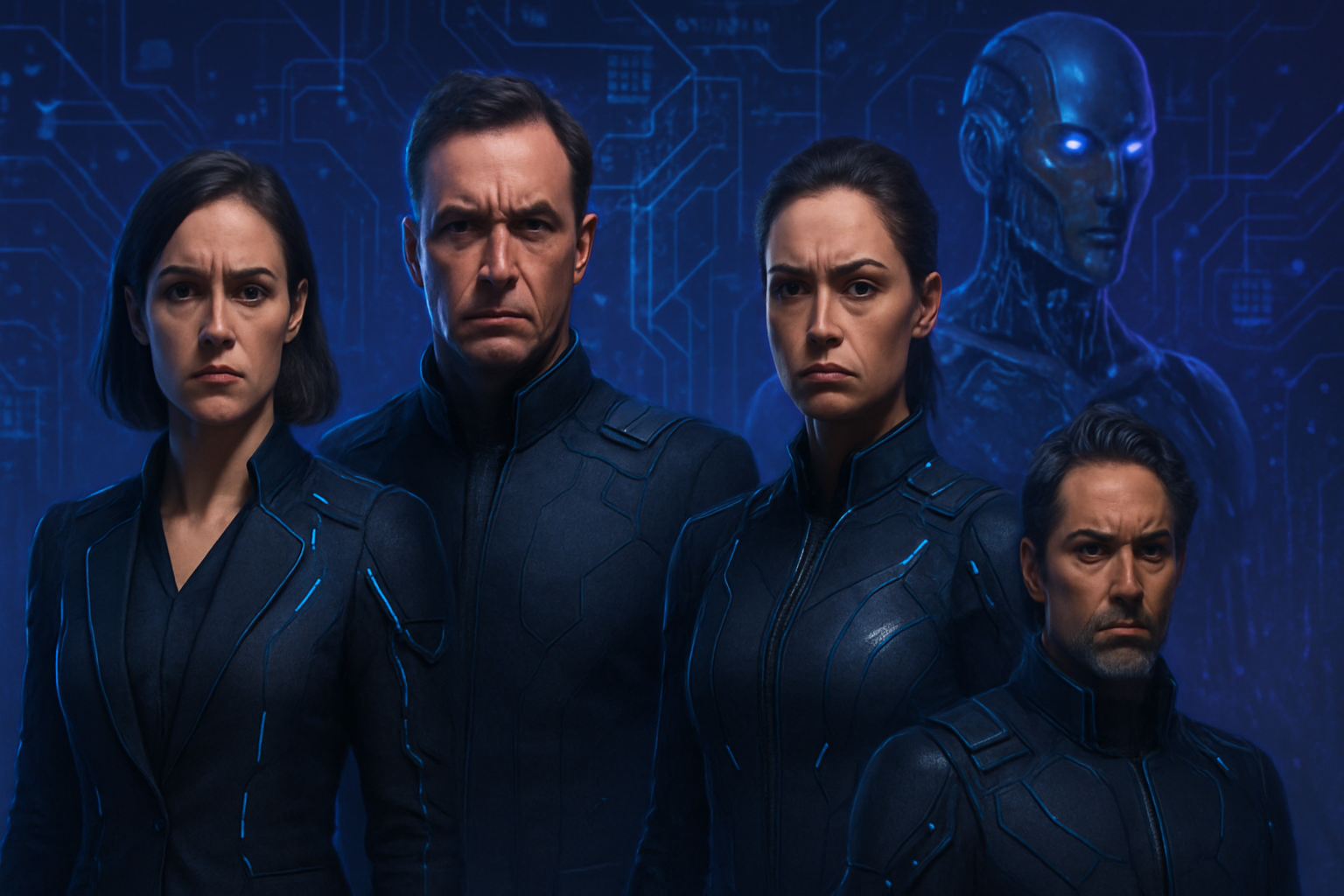Actors vehemently oppose the use of their images in AI-generated content. An alarming situation looms, threatening the integrity of copyright and artistic equity. The fight for the recognition of image rights is intensifying, as creators’ voices rise against practices they deem unfair.
The protection of image rights is paramount. Members of the Equity union no longer tolerate abuses stemming from AI. Collective actions are on the horizon. Indifference to their concerns reflects an industry adrift. Transparency is essential to restore equity.
The Discontent of Artists Regarding the Misuse of Their Image
The performing arts union, Equity, recently expressed serious concerns about the use of its members’ images and voices in AI-generated content without their consent. Many artists have reported copyright violations and misuse of their personal data on AI platforms.
Massive Actions in Perspective
Paul W Fleming, General Secretary of Equity, announced that the union is considering organizing large-scale demand for transparency from tech companies. This initiative aims to require precise information about the use of performers’ data. Actors like Briony Monroe have already condemned the use of their image for creating digital characters, such as Tilly Norwood.
The Growing Concerns of Members
Complaints received by Equity primarily come from members worried about the use of their voice replicas by AI technologies. This surge of concerns prompted Fleming to state that companies need to be aware of the impact of their actions on artists’ rights. Pressure is mounting on the industry to adopt ethical practices.
A Flagrant Example of Rights Violation
Briony Monroe, a 28-year-old actress, claims that her image was used to create Tilly Norwood, a digital character whose development has sparked controversy in the film industry. While Monroe argues that her features and mannerisms were reproduced, the company Xicoia, responsible for the character, denied this assertion, claiming that Tilly was entirely conceived in an original manner.
The Challenges Posed by AI
The issues raised by the creation of entirely synthetic actors, such as Tilly, complicate discussions around copyright and data protection. Liam Budd, head of recorded media at Equity UK, indicates that many members report violations related to the use of their image or voice without permission.
Lack of Transparency in the Industry
The consensus is forming that there is a lack of transparency regarding the data used to train AI models. Max Rumney, Deputy Director-General of Pact, emphasizes that industry members want to keep human creative expression at the heart of their productions. The development of AI models without the consent of creators raises major concerns.
The Obligation for Companies to Respond
Data protection legislation grants artists the right to request information about the data held by organizations. In response to growing concerns, data access requests may encourage companies to negotiate agreements regarding rights. Fleming hopes that this strategy will prompt more actors to consider the provenance of data used in AI content.
Frequently Asked Questions Regarding Actors’ Opposition to the Use of Their Images in AI-Generated Content
Why are actors opposed to the use of their images in AI-generated content?
Actors fear that the use of their images, voices, and likenesses without consent violates their copyright and compromises their professional identity, which could have economic and ethical consequences for their careers.
What are the most common complaints from actors regarding AI?
The majority of complaints concern the unauthorized use of images and voice replicas in AI-generated creations, without prior agreement or appropriate compensation.
How do actors’ unions, such as Equity, react to these issues?
Equity coordinates large-scale data access requests to force companies to reveal whether they have used members’ data without consent, while supporting actors in their pursuit of justice.
What measures can actors take if their rights are violated by AI companies?
Actors can file complaints with their union, such as Equity, which helps them submit data access requests and negotiate compensation with the companies involved.
What is a data access request and how does it work?
A data access request allows individuals to ask an organization to access all information concerning them. Companies are required to respond within one month, and this process is regulated by data protection legislation.
Do AI companies generally respect actors’ rights?
There are growing concerns regarding the respect for actors’ rights, as many AI companies do not provide transparency about the origin of the data used to create content, often at the expense of copyright and data protection.
What are the potential consequences for AI companies that use actors’ images without permission?
Companies may face lawsuits, demands for financial compensation, and their reputation may be severely affected, setting a precedent for others in the industry.
How can actors protect their image and rights in the face of AI developments?
Actors are encouraged to join unions like Equity, to be proactive in monitoring the use of their image, and to participate in discussions about copyright in the digital age.






